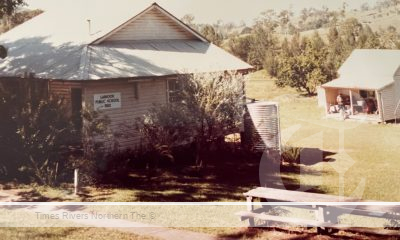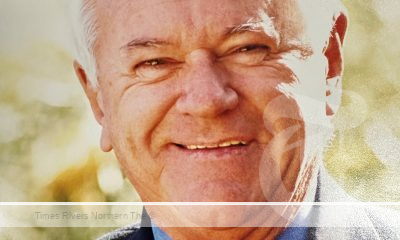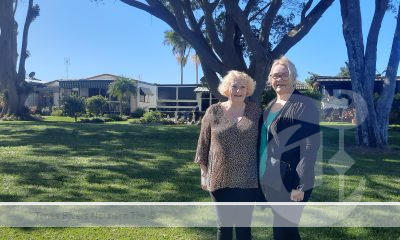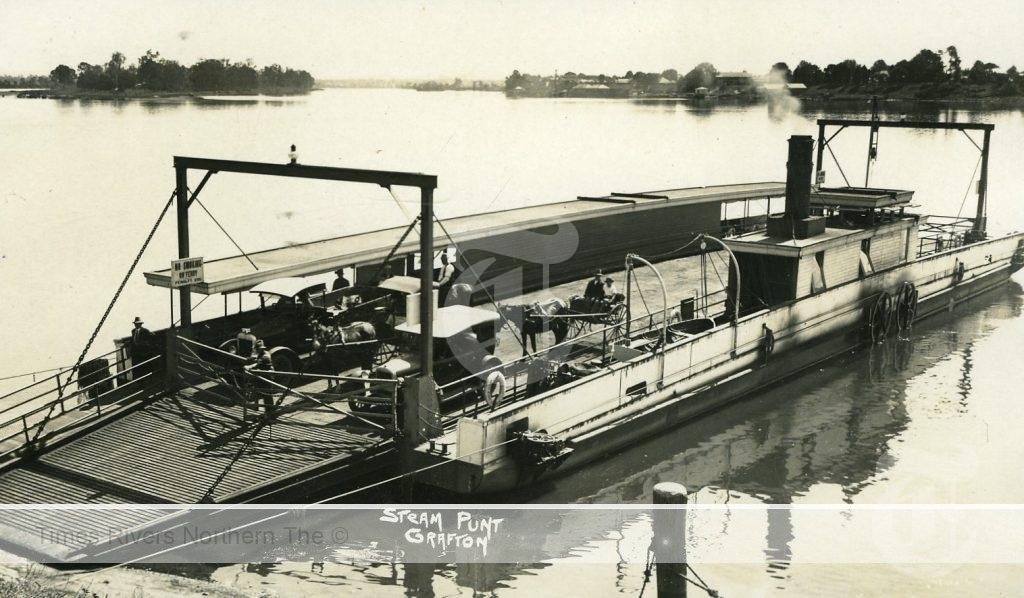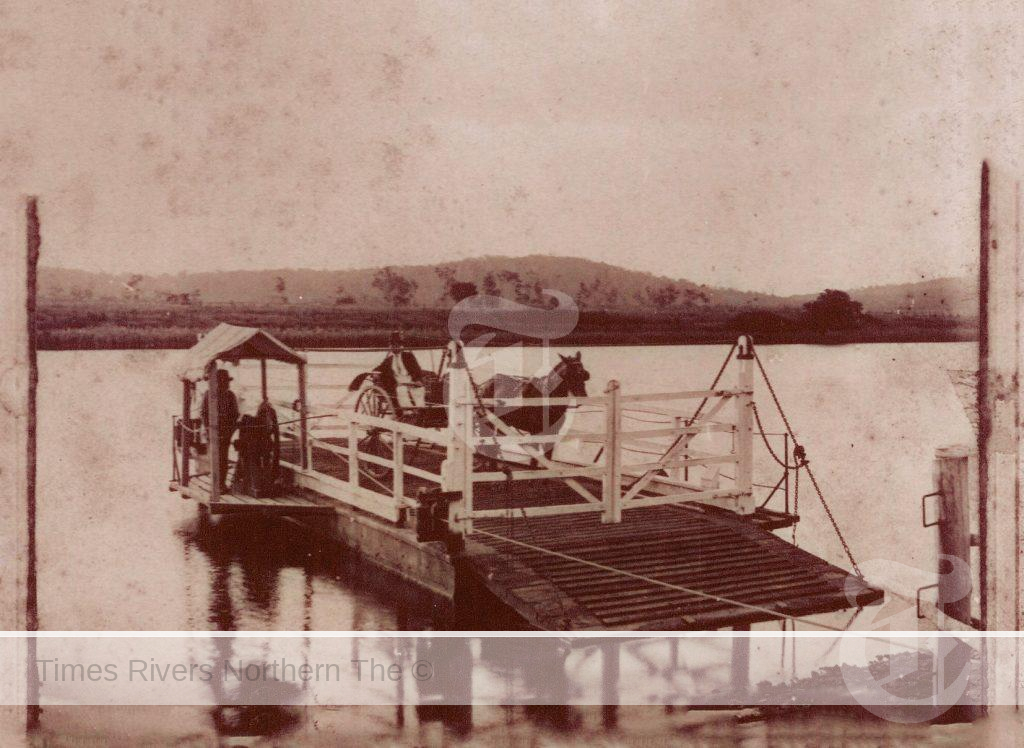ALP reveals its candidate for Clarence
By Tim Howard
The head of an agency that has been working on the front lines of disaster recovery in the Northern Rivers has nominated as the ALP candidate for Clarence in next year’s State election.
The CEO of Anglicare North Coast, Leon Ankersmit, has just been endorsed as the ALP as its candidate for the March election.
Mr Ankersmit, who has a PhD in social work concentrating on developing partnerships and collaboration with people working in child protection, believes a Labor government was the best way for the Clarence speed up its recovery from recent setbacks.
He has found his studies have been beneficial to his work with Anglicare helping people recover from the fire, flood and pandemic disasters which have hit the region in the past three years.
He has been dismayed at the slow response from government agencies and their approach and this dismay was his tipping point to get into politics.
Mr Ankersmit said he was not your “typical Labor” candidate.
“I don’t have a union background,” he said “I’ve never been in a union and I don’t go into the socialist stuff.
“Coming into politics I will listen to the voices of the community,” he said.
“Those voices could be individuals, groups, chambers of commerce, councils or large employers.
“Each category will have a voice which will I will listen to. I don’t come with all the answers, but I will represent the voices of the community if I am elected to represent this electorate in Sydney.”
He said one of the most pressing needs in the Clarence electorate was to rebuild the flood ravaged road network.
“Roads are in an atrocious state after the floods and councils are too cash strapped to deal with them,” he said.
“More money has to go to councils to allow them to fix the roads. This is a clear role for an incoming Labor Government.”
He said roads were not the only infrastructure in a bad way in the region.
His work with Anglicare daily brought home the lack of affordable housing in the region.
He said politics “as normal” cannot improve the situation for people struggling with the cost of housing.
“In Australia there used to be a permanent rental population of around 25%,” he said.
“In the past few decades that’s grown to 40%. The problem has been we relied on the private rental market which is subject to the forces of supply and demand.
“As the demand rose and supply didn’t match it the results were high rentals.”
He said there needed to be long and short term changes to turn this trend around.
Long term he would like to see governments support initiatives like Build to Rent, where superannuation funds and corporates were encouraged to invest in community housing.
“In the short term there needs to be change in tenancy laws to give tenants more say,” he said.
“I understand landlords need protection from problem tenants, but tenants need protection from having rents raised so much it forces them onto the street.”
He said fixing the housing crisis would have a massive flow on into other problem areas.
“Families with roofs over their heads are stable and have fewer domestic issues,” he said.
“Kids from stable homes go to school, they’re not as exposed to domestic disputes, they live healthier lifestyles.
“Todays kids are tomorrow’s adults. They will be the ones shaping the future.”
Mr Ankersmit has also been dismayed by the LNP ambivalence toward climate change.
“There are not too many farmers or people working on the land who would say climate change is not happening,” he said.
“The Nationals have got caught up in climate change scepticism and can’t bring themselves to do what’s needed.
“We’ve had major bushfires followed by major floods. We need to plan for events that are going to happen, but The Nationals don’t want to cause too much agitation.”
He said the government response has been far too slow.
“I’ve Just been to Hobart where I was talking with people who had got through the fires in Cobargo,” he said.
“People are still living in tents and temporary accommodation three years later.
“Here the people living in pod cities after the floods are facing living there for years unless things change.”
He said there were some tough decisions facing people in flood prone areas.
“With fires you build to resist fires, but floods you have to decide whether you re-build or move away,” he said.
“We’re not having that conversation. We don’t need to panic, but we need have a conversation and ask those hard questions.”
Mr Ankersmit, whose family lives in Maclean, has been in the Clarence for the past 15 years, with 10 of those working for Anglicare.
“I’ve only joined the Labor Party a few years ago and people ask me why,” he said.
“They say Labor’s wedded to the unions and with union memberships low it has undue influence.
“I would say the other side is wedded to business interests and ask is it reasonable that one side can have collective representation while the other is criticised for it.”
He said his decision comes from a different place.
“When I look at what’s needed to energise the vulnerable and those left behind, Labor has the most to offer them,” he said.
“I have worked for faith-based organisation and people ask me how I justify joining Labor. I see Christianity as fighting for the underdog.
“I’m not a rusted on ideologue, I’ve never been one for unions or socialism.
“Philosophically with my faith I’ve worked with helping people struggling and when I look at politics and ask whose policies best reflect that, it’s Labor.”
Mr Ankersmit’s main opposition is likely to be former Clarence Valley Mayor and radio personality Richie Williamson.
Mr Williamson and current Clarence Valley Councillor Allison Whaites were in a battle for pre-selection for The Nationals, after incumbent Chris Gulaptis announced he would retire at the end of this term in parliament.
Mr Ankersmit said Clarence Valley residents should take heed of polling which showed the LNP Government was on the nose.
A recent poll showed support for ALP at more than 43% and support for the government plummeting 12% to 30%.
“It would be better for Clarence to have a member in a new Minns, ALP government than an inexperienced member in a beaten party transitioning into opposition,” Mr Ankersmit said.





 Tweed Shire News2 years ago
Tweed Shire News2 years ago
 Motoring News2 years ago
Motoring News2 years ago
 COVID-19 Northern Rivers News3 years ago
COVID-19 Northern Rivers News3 years ago
 COVID-19 Northern Rivers News3 years ago
COVID-19 Northern Rivers News3 years ago
 Northern Rivers Local News3 years ago
Northern Rivers Local News3 years ago
 Health News3 years ago
Health News3 years ago
 COVID-19 Northern Rivers News3 years ago
COVID-19 Northern Rivers News3 years ago
 NSW Breaking News3 years ago
NSW Breaking News3 years ago










